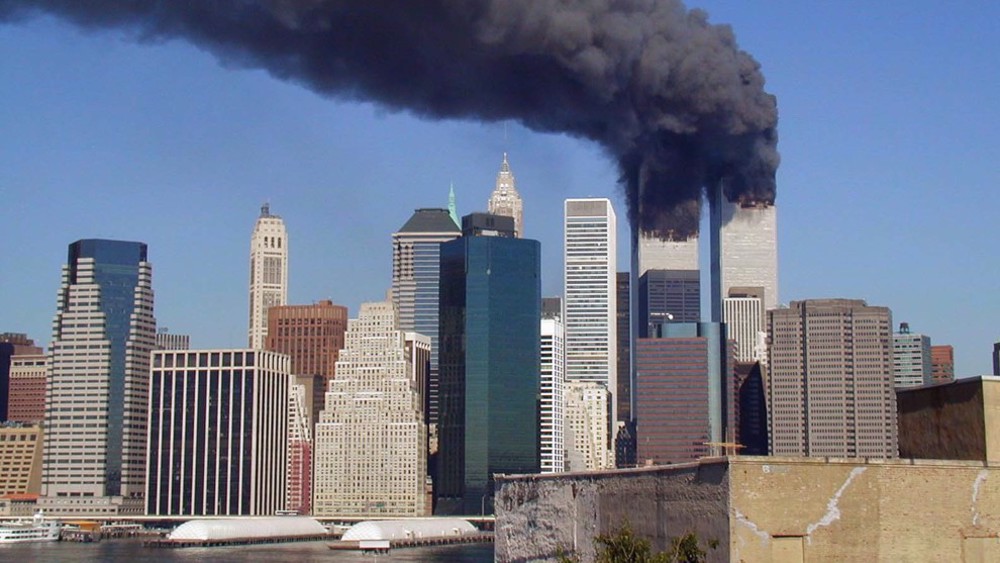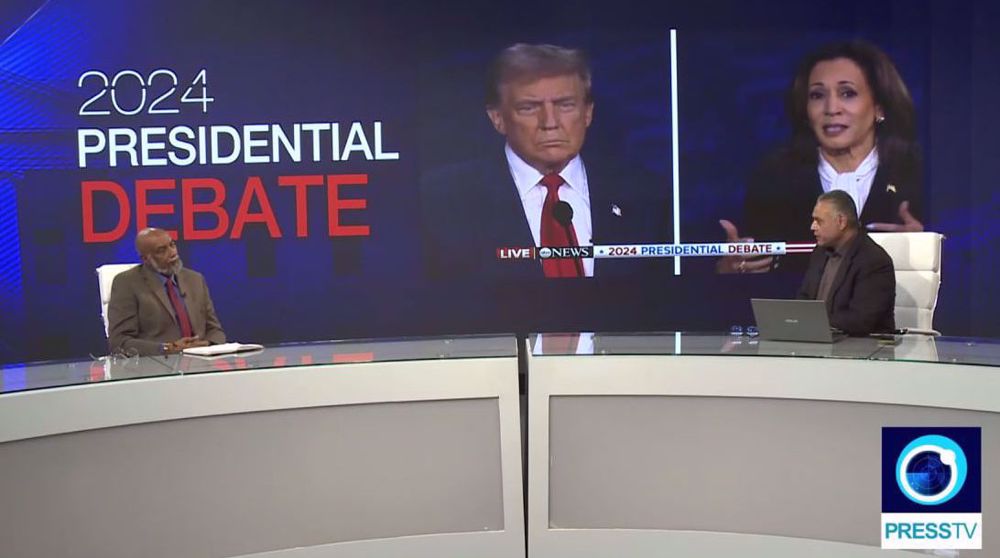India, Pakistan must resolve Kashmir crisis: Analyst
Press TV has conducted an interview with Jay Tharappel, a political commentator from Sydney, about the killing of five people during the recent clashes between Indian government forces and pro-independence protesters in Indian-controlled Kashmir.
The following is a rough transcription of the interview.
Press TV: I like to get your analysis on the situation over here when it comes to Kashmir, this bout of violence it seems is not dying down and in fact, it’s something the Indian politicians have been criticized for not tackling head-on.
Tharappel: Yeah, let me begin by saying that all the grievances of the Kashmiri youths are correct. There’s martial law, there’s arrest and detentions, there’s curfews, there’s telephone and internet blackouts, there’s checkpoints all over the place. I’ve been told that if a Kashmiri wants to have a wedding then they have to provide lists of all of the guests before to the Indian security services; so, they can be pre-approved. This kind of situation can only breed frustration; however, having said that we need to understand the underlying cause in the geopolitics of this.
So, I would say this, the Kashmiri stone-pelting youths are reacting in an entirely predictable manner to the Indian security presence, but the Indian security presence in itself is at least partially a response to a long history of instability and destabilization coming from across the border in Pakistan. So, as for these latest incidents in which nine people were killed the fact is that a police officer was also killed and this suggested the Indian security forces were shooting at those who had the ability to shoot back; so, there was a gun fight.
The fact is that the armed opposition to the Indian state or the armed insurgency to the Indian state is being led by Islamist groups like Hizb-ul-Mujahideen and Lashkar-e-Taiba, whose explicit objectives are to force the Indian army to withdraw and for Jammu and Kashmir or at least the Kashmir Valley actually to become a part of Pakistan that’s what their stated objectives are.
They’ve also committed a range of human rights atrocities as well. And let’s not forget that from 1989 till around the late 2000s, there was an armed insurgency against the Indian government that was being funded and armed from inside Pakistan. And that’s why hundreds of thousands of Kashmiri Hindus ended up leaving the Kashmiri Valley.
Press TV: Wouldn’t be the obvious solution over here to allow the people of Kashmir be it Indian-controlled side or the Pakistani-controlled side for self-determination decide what they want by themselves and support that decision?
Tharappel: Absolutely, but there’s a problem with this and it goes back to the history of conflict. So, what happened is that when partition happened, Kashmir was ruled by King Maharaja Hari Singh who said that he liked some time to decide which country to become a part of India or Pakistan. Now, before he can make that decision Jammu and Kashmir was actually invaded from the Pakistani side by mercenaries from the tribal regions of what’s known as Khyber Pakhtunkhwa.
So, the issue is that if you look at the 1948 Resolution which calls for the plebiscite which is what everyone who sides self-determination refers to; then, the first condition of that plebiscite is that Pakistan has to withdraw from the areas that it acquired via military aggression, the areas that it calls Azad Kashmir. Now, personally I think that the main grievance is that there is a border that separates the historic Kashmiri homeland.
And both sides, India and Pakistan, have to come to some kind of a security sharing agreement where they can agree on the ground rules and so that Kashmiris can actually like walk across the border and visit their friends and relatives.
VIDEO | New Delhi chokes under toxic smog as air quality remains at hazardous levels
VIDEO | Press TV's news headlines
VIDEO | ICC's arrest warrant for Netanyahu to worry Western politicians: Former British diplomat
Iranians protest against Israel after Netanyahu ICC warrant
Germany undecided on complying with ICC arrest warrants for Israeli war criminals
VIDEO | Former FBI agent criticizes US Congress for 'outright corruption'
IRGC chief urges Muslim countries to cut aid routes to Israel
'New chapter in cooperation': Iran, Venezuela sign new MoUs














 This makes it easy to access the Press TV website
This makes it easy to access the Press TV website